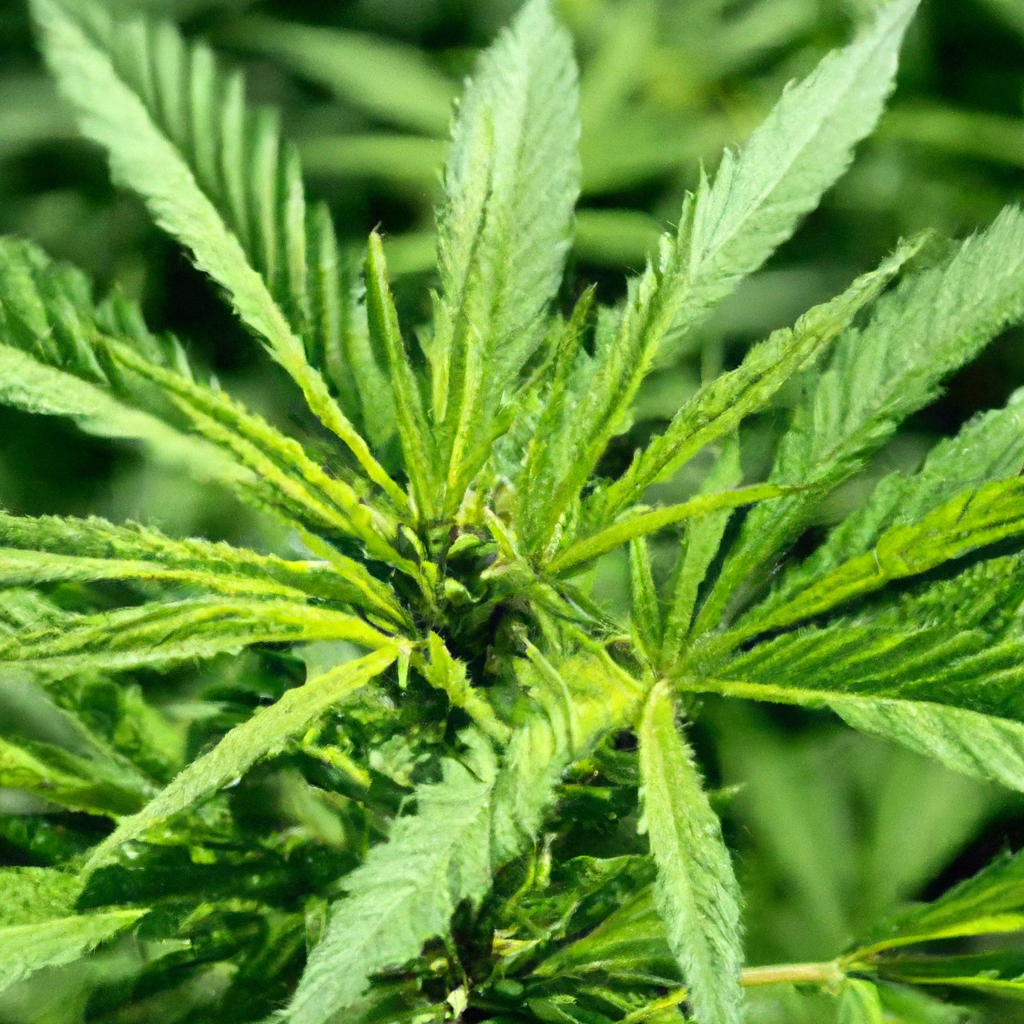Your cart is currently empty!
As the cannabis industry continues to expand globally, the focus on sustainability has never been more crucial. This nascent industry has the potential to set new standards for environmental responsibility, but what does sustainable cannabis cultivation really entail? In this article, we explore the core elements of sustainable practices within the cannabis sector.
Understanding Sustainable Cannabis Cultivation
Cannabis cultivation, when practiced sustainably, not only reduces environmental impact but also enhances product quality. Here are several key areas to consider:
- Nutrient Management: Using natural fertilizers and composting practices reduces reliance on synthetic inputs and ensures healthier soil.
- Water Conservation: Implementing efficient watering techniques such as drip irrigation conserves water resources.
- Energy Utilization: Transitioning to renewable energy sources for grow lights and greenhouse systems minimizes carbon footprint.
Innovative Practices in Cannabis Cultivation
Several innovative methods are shaping the future of sustainable cannabis cultivation:
- Vertical Farming: This approach maximizes space and efficiency, uses less water, and allows for year-round growing.
- Integrated Pest Management (IPM): By leveraging natural predators and organic solutions, IPM reduces the need for chemical pesticides.
- Closed-Loop Systems: Recycling water and nutrients within a closed-loop system significantly cuts down on waste.
Case Study: A Greener Path Forward
Consider the case of Green Fields, a cannabis grower known for its commitment to sustainability. By adopting renewable energy and investing in water recycling technologies, Green Fields has successfully reduced its environmental impact while maintaining high-quality yields. Their story is a testament to the fact that sustainability and profitability can, indeed, go hand in hand.
Conclusion
Sustainability in cannabis cultivation isn’t just about mitigating environmental damage; it’s about fostering a holistic approach that benefits the planet, the consumer, and the industry itself. By prioritizing sustainable practices, growers can pave the way for a greener future.


Leave a Reply